In our time, we can say that aromatherapy began in France in the early 1900s. As in most countries of Europe and Asia, homeopathic medicine is a fundamental part of mainstream medicine in England and Europe. Before the early 1980's, aromatherapy did not exist in any significant way in the United States, and can be divided into two distinct movements. The first is the preparation of pure and genuine essential oils to be used therapeutically. Second, a mass-market approach is taken in the production of oils that will be used in perfumery, etc. Therapeutic value is rarely considered, but the quality and durability of the aroma are very important.
In this age of mass-marketing, many of the messages you hear and see in the media and in promotional material are utter nonsense, and what you buy is usually a synthetic substitute. This is slowly changing as the purchasing public becomes more educated, informed, and insistent on quality. Your best tools in this market are education and experience; a trustworthy oil source like Delune is also extremely valuable.

Over the centuries, essential oils have been used throughout the world, but not always in the same way. In terms of what is considered safe and the best method of application, there are large differences between countries and schools of thought.
Essential oils are most often used by aromatherapists trained in Germany through inhalation. The molecular structure of essential oils is such that when breathed into the lungs, they can pass directly into the bloodstream. During this process, they are also traveling directly into the brain through the olfactory nerves.
In the United Kingdom and other English-speaking countries, essential oils are absorbed and utilized primarily through the skin. There is a strong emphasis on using carrier oils through massage, in which only 2% to 5% of the essential oils are contained. In the early days of aromatherapy in England, the practitioners were not therapists nor health-care practitioners, and the oils used and studied were often perfume or food-grade oils rather than therapeutic-grade essential oils. Additionally, Britain tends to be heavily dependent on scientific research. Despite the good intentions of the researchers, the research has almost exclusively been done with food-grade oils, synthetic reproductions, and adulterated oils rather than the whole oil. Their data, and the advice and caution based on it, are invalid for unadulterated therapeutic grade essential oils.

A great deal of emphasis is placed on the potential dangers of essential oils by the British. Their list of cautions for each oil is extensive, as is their list of oils that should never be used. Interestingly, American aromatherapists tend to rely heavily on British texts, probably because English texts are easier to study than French or German ones.
In France, essential oils are used in just about every way you can think of. An important aspect of using essential oils is taking them orally. Pure therapeutic grade essential oils are being used by many people, and there have been no reported problems. The oral consumption of essential oils is not recommended. All documented incidents of harm from essential oils have occurred when they have been consumed internally, either intentionally or accidentally. When inhaled or applied to the skin, oils absorb rapidly, and I have had such great results with these methods that I rarely recommend them for internal use.
I recommend that you use oils consistently, sensibly, and gratefully. Choose any method that you like. Personally, I follow French thought more closely than English.
How about you? What do you do with your essential oils?
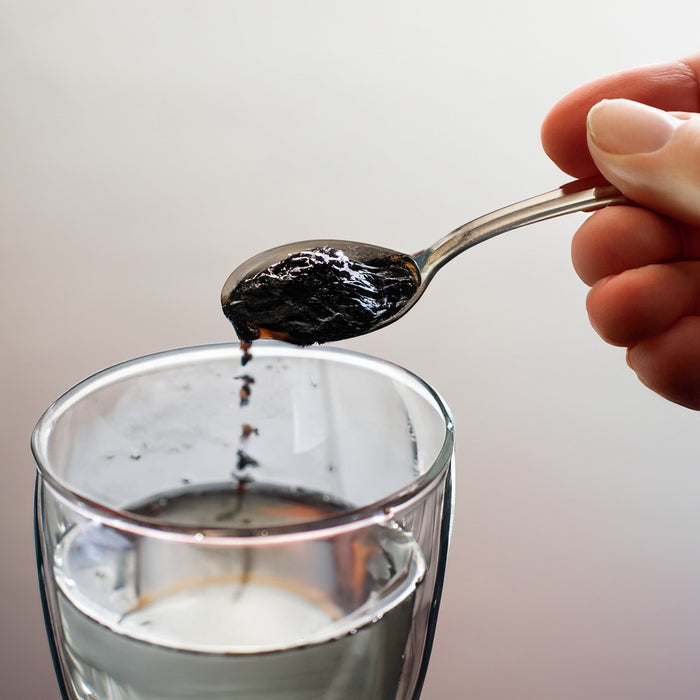




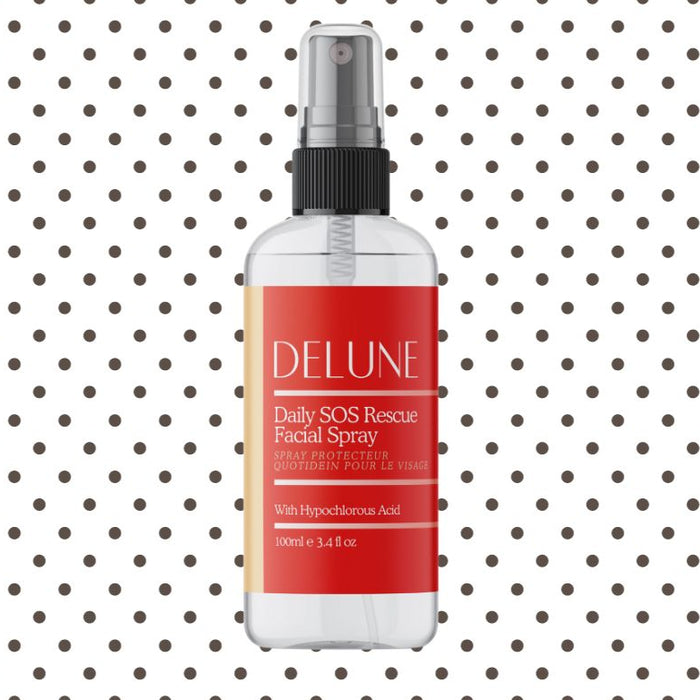

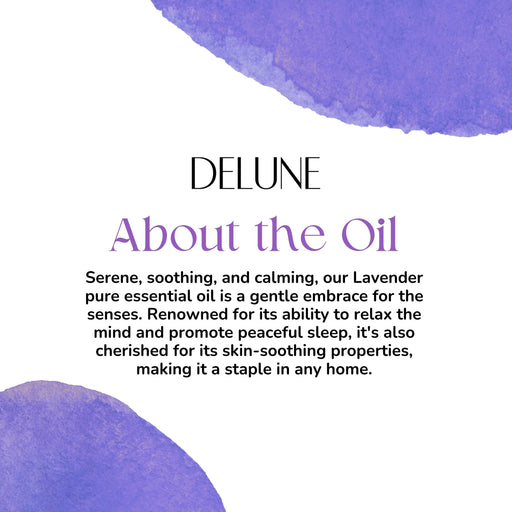
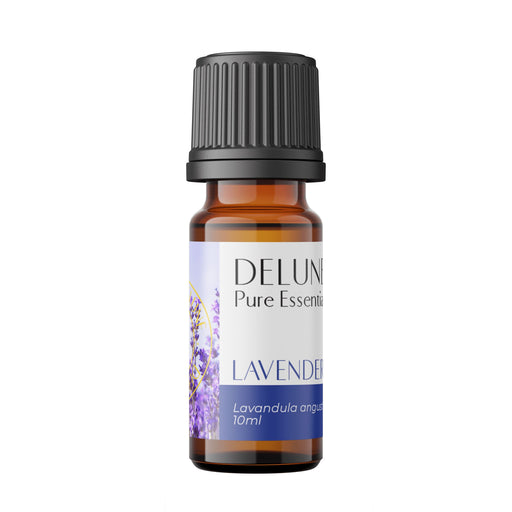
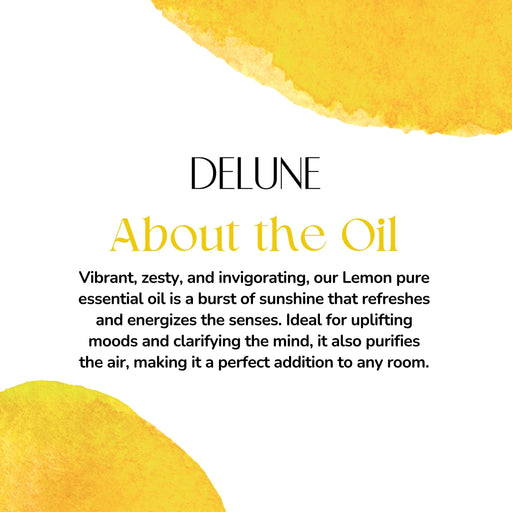
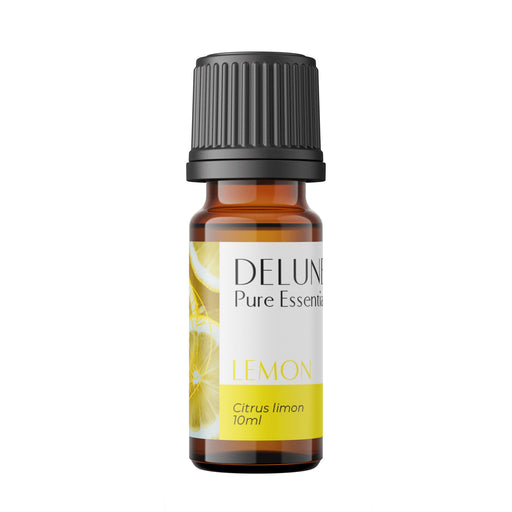
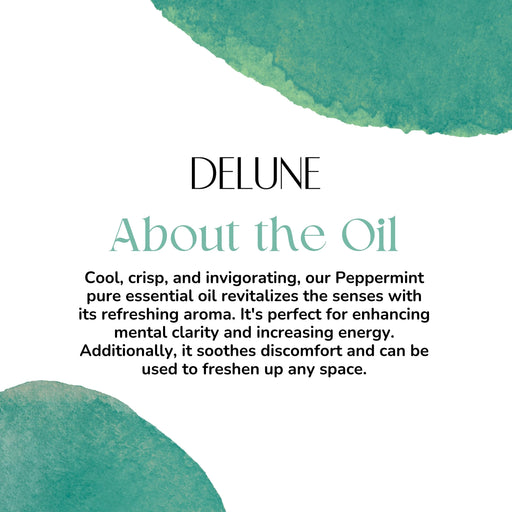
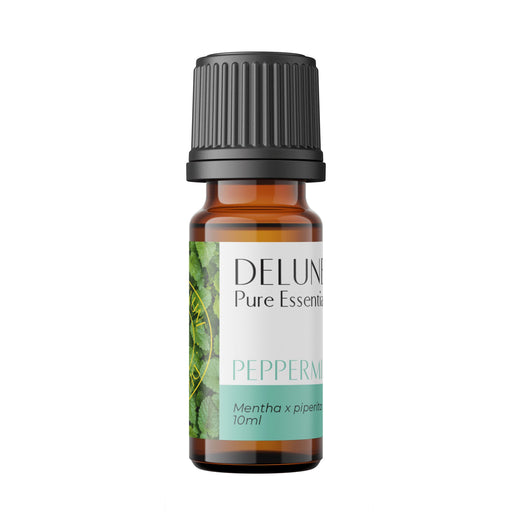
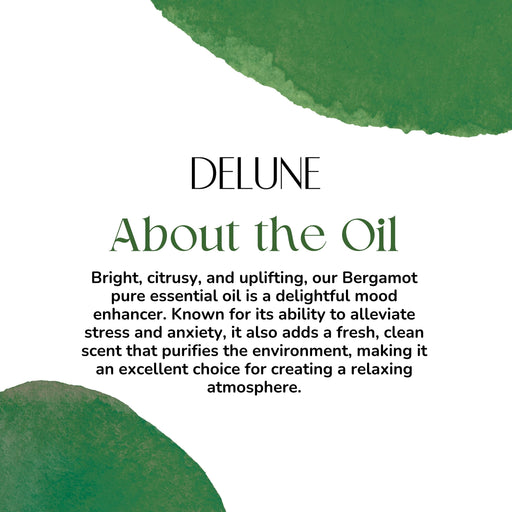
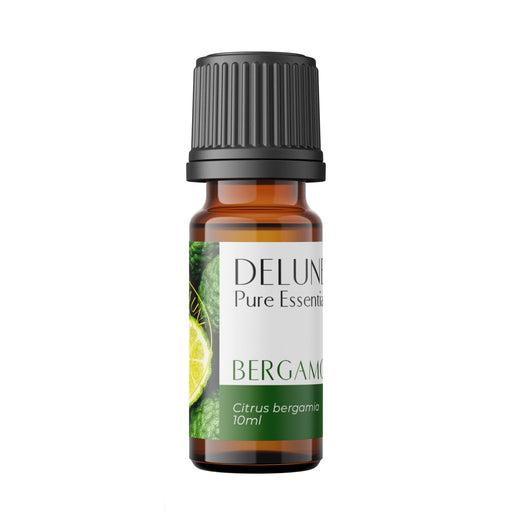
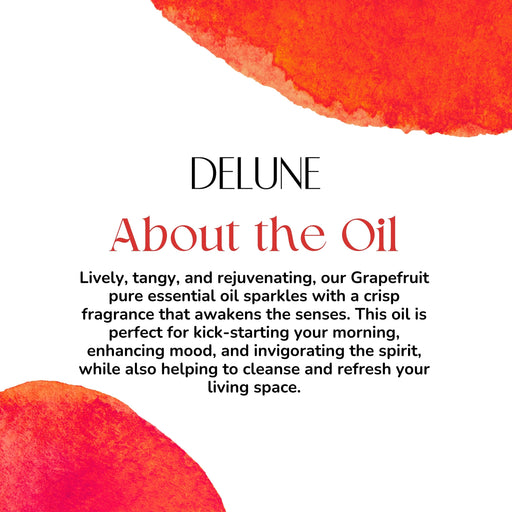
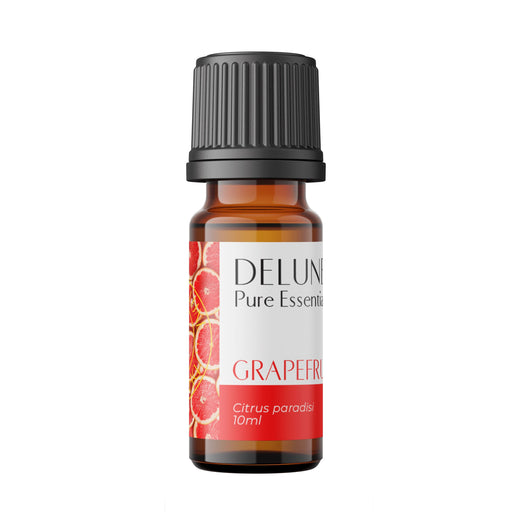
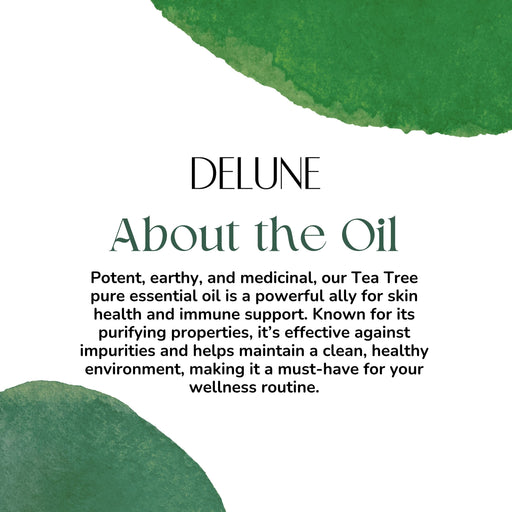
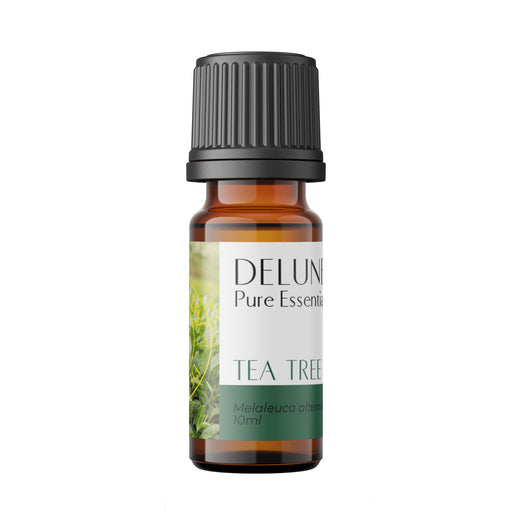
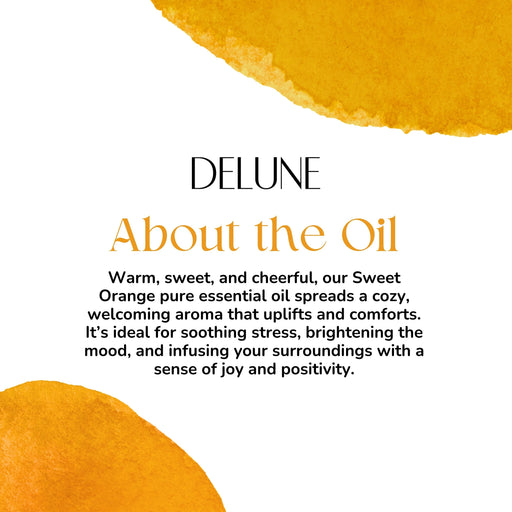
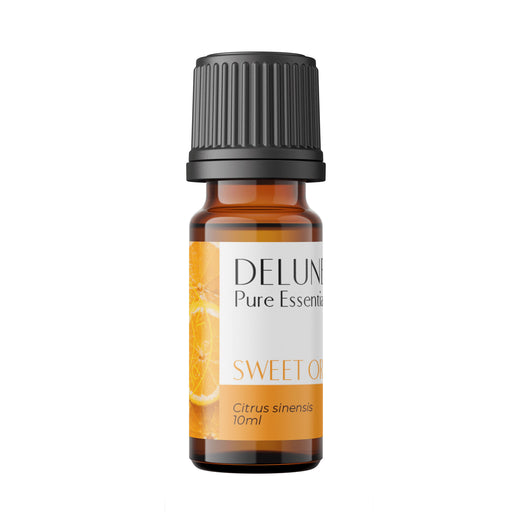
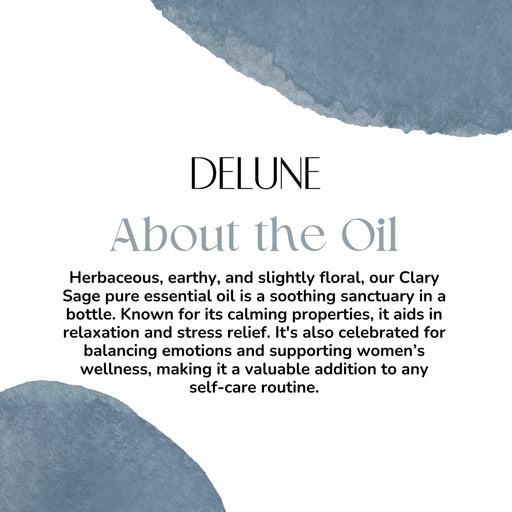
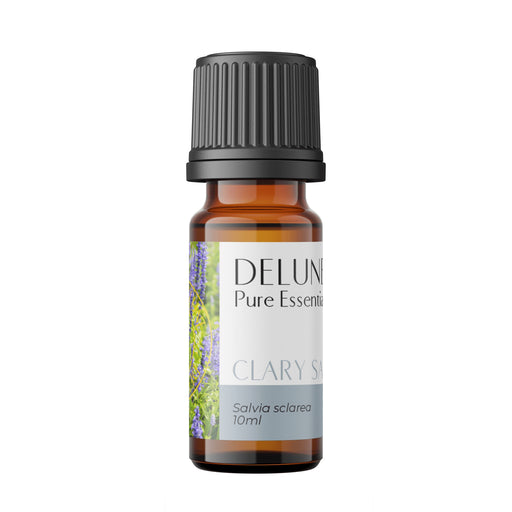
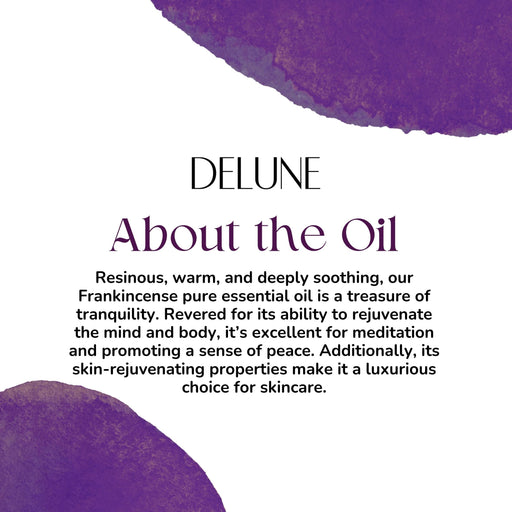
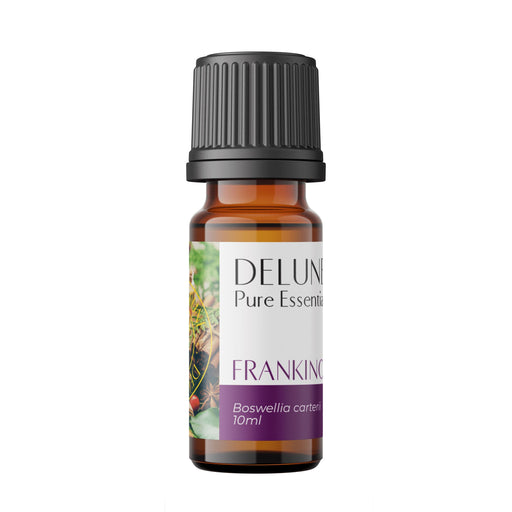
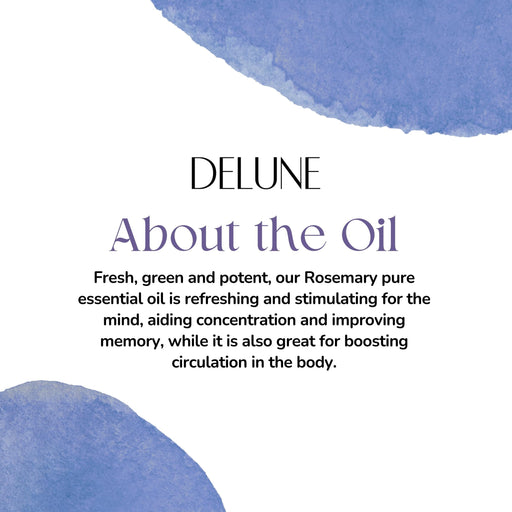
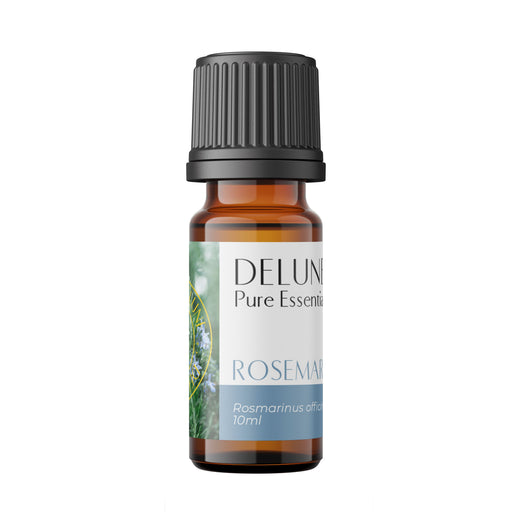
Leave a comment